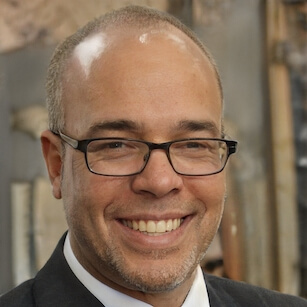1. Staying informed about tax laws and regulations: I continuously monitor changes in tax laws and accounting standards, and participate in professional development opportunities to stay up-to-date with the latest developments.
2. Collaborating with other departments: I work closely with the finance team and other departments to gather accurate financial information and understand any tax implications of business transactions.
3. Implementing robust tax processes: I develop and maintain detailed tax policies and procedures, which outline the company's approach to tax calculations, filings, and documentation.
4. Utilizing tax software: I leverage tax software to automate calculations and streamline the tax provision process. This helps to minimize errors and improve efficiency.
5. Performing regular tax reconciliations: I conduct regular reconciliations of tax accounts to ensure that tax provisions are accurate and any discrepancies are addressed in a timely manner.
6. Seeking external expertise: When necessary, I consult with external tax advisors to obtain guidance on complex tax issues and ensure compliance with regulations.
By following this approach, I've been able to consistently maintain accurate tax provisions and ensure compliance with tax regulations in my previous roles.










